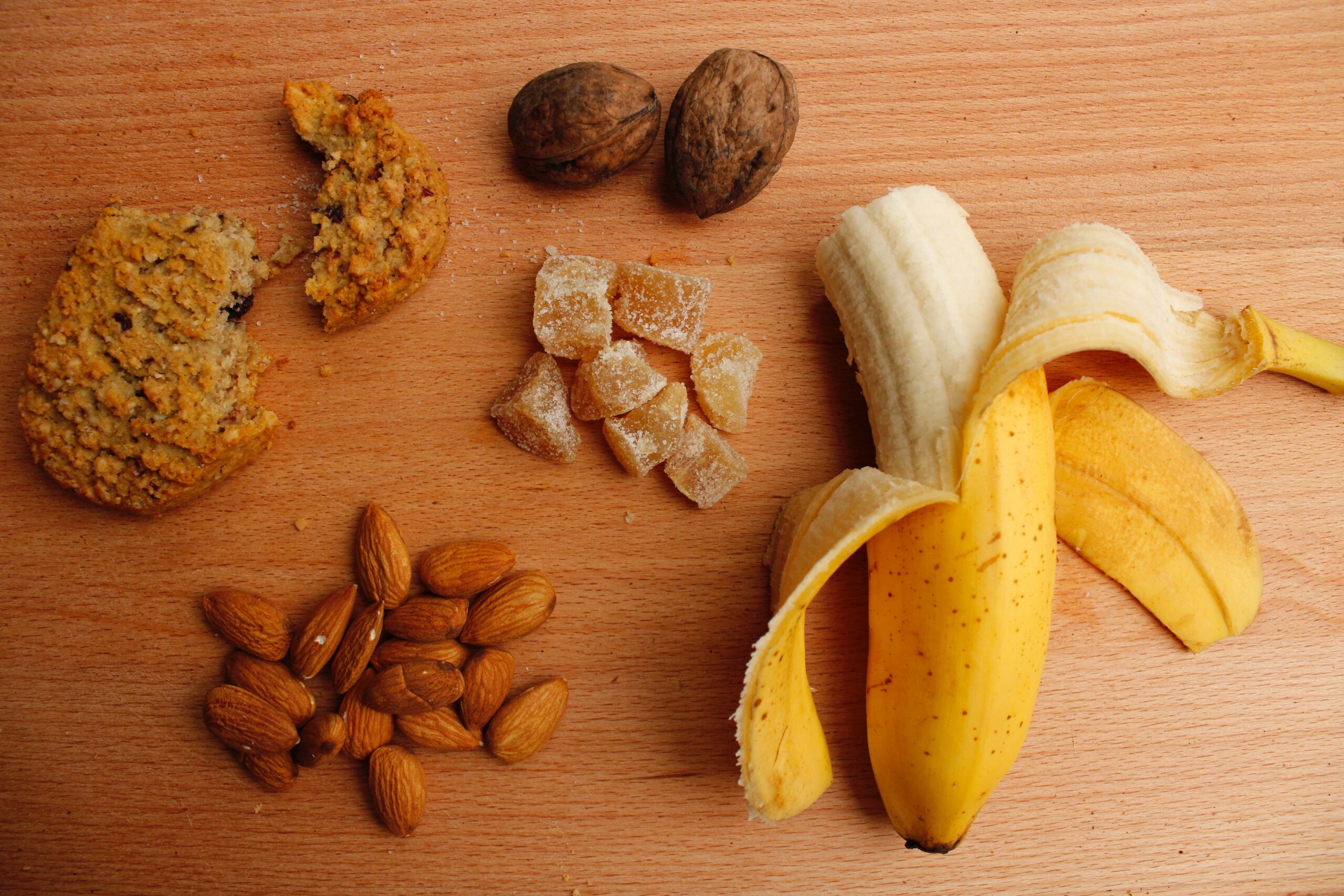Leg day is frequently dubbed the most challenging workout session, pushing the body’s largest muscle groups to their maximum potential. To optimize performance and recovery, nutrition is paramount. This article offers insights into the essentials of pre-workout and post-workout nutrition, specifically tailored for leg day.
Introduction: The Significance of Timing
In the realm of workout nutrition, timing is everything. Consuming the right nutrients before and after your leg workout can profoundly influence your energy, performance, muscle development, and recovery.
Pre-Workout Nutrition for Leg Day
Carbohydrates: Your Energy Source
- Why: Carbs are the primary fuel for high-intensity workouts, supplying glucose to power your muscles during intense exercises like squats and lunges.
- What to Eat: Options include oats, bananas, whole grain bread, or a fruit smoothie.
- When: Consume 30 minutes to 2 hours before the workout.
Proteins: Setting the Recovery Stage
- Why: Proteins provide amino acids that aid muscle repair and growth.
- What to Eat: Choices include Greek yogurt, lean chicken, eggs, or a protein shake.
- When: Eat 20 minutes to 1 hour before the workout.
Fats: Sustained Energy
- Why: For extended workouts, fats offer lasting energy.
- What to Eat: Consider avocado, nuts, or chia seeds.
- When: Consume at least 2-3 hours before the workout to allow for digestion.
Hydration
- Why: Adequate hydration enhances muscle function and stamina.
- What to Drink: Water or an electrolyte drink are good choices.
- When: Begin hydrating 2-3 hours before the workout and continue sipping throughout.
Post-Workout Nutrition for Leg Day
Proteins: Muscle Repair and Growth
- Why: After a workout, proteins assist in muscle repair and development.
- What to Eat: Options include a whey protein shake, grilled chicken, tofu, or cottage cheese.
- When: Ideally, consume within 30 minutes to 2 hours after the workout.
Carbohydrates: Refilling Energy Stores
- Why: Carbs help restore glycogen levels depleted during the workout.
- What to Eat: Consider quinoa, brown rice, sweet potatoes, or fruits.
- When: Eat within 30 minutes to 2 hours after the workout.
Fats: Supporting Recovery
- Why: Fats can enhance the absorption of specific nutrients and support overall recovery.
- What to Eat: Almonds, flaxseeds, or salmon are good choices.
- When: Consume within 2 hours after the workout.
Hydration
- Why: It’s essential to replace fluids lost through sweating.
- What to Drink: Water, electrolyte drinks, or milk are suitable options.
- When: Drink immediately after the workout and continue throughout the day.
FAQs
- Should I consider supplements for pre and post-workout nutrition? While whole foods are the gold standard, supplements like protein powders or creatine can be beneficial, especially if you have specific dietary needs or restrictions.
- Can I skip post-workout nutrition if I’m trying to lose weight? No. Post-workout nutrition is essential for recovery and muscle growth. Neglecting it can impede recovery and might result in muscle loss.
- How crucial is the timing of post-workout nutrition? Timing is vital. Consuming nutrients, especially protein and carbs, within the “anabolic window” (up to 2 hours post-workout) can maximize muscle repair and growth.
Conclusion: Nourishing Your Legs for Success
Leg day is demanding. By providing your body with the right nutrients at the appropriate times, you pave the way for peak performance and recovery. Remember, the strength of your leg muscles is directly tied to the nutrition you offer them. So, prioritize every meal and snack!
Explore the wealth of knowledge in our Nutrition & Supplements Archives to grasp the intricacies of diet and its impact on leg muscle development.

